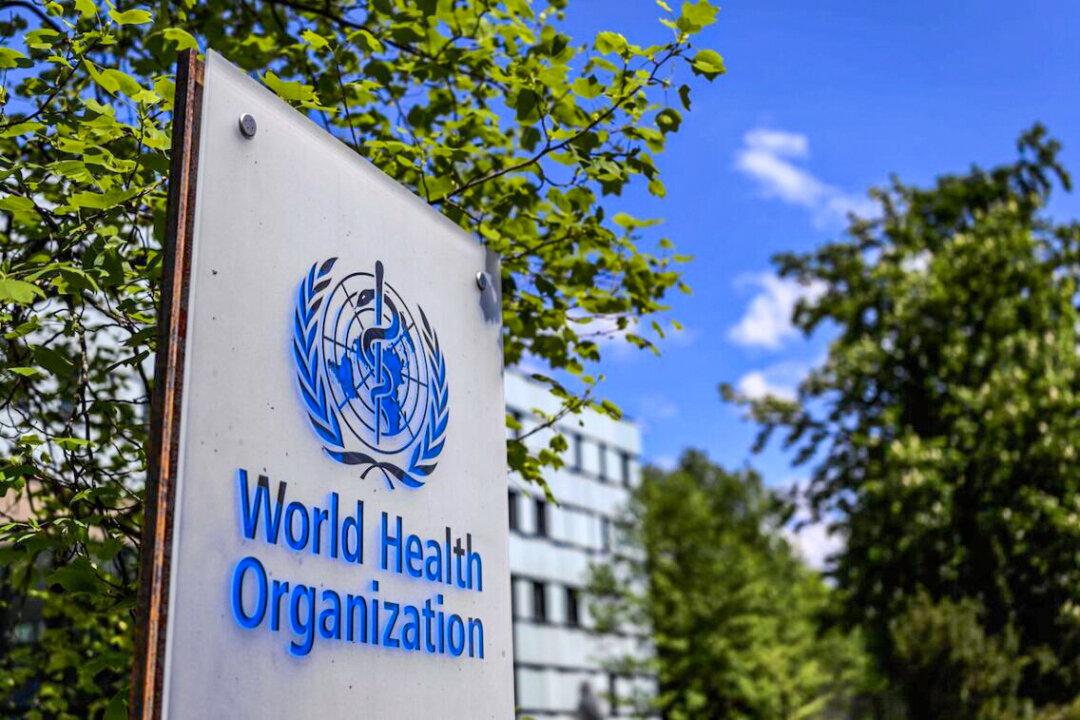The World Health Assembly (WHA) has denied Taiwan’s request to join its annual meeting as an observer amid “political pressure” from China, a decision that Taiwan warns could pose a “serious threat” to global health.
The WHA is the decision-making body of the World Health Organization (WHO). The WHO annual meeting on global public health priorities began May 21 and runs through May 30.





